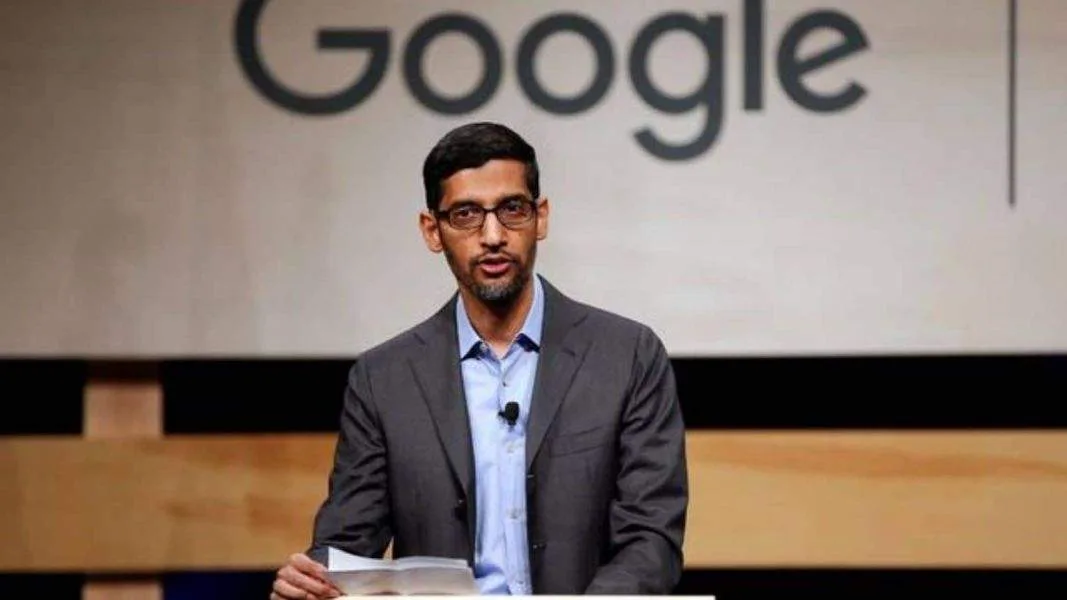A California federal judge ruled that plaintiffs, who accused Alphabet of illegally tracking their Internet use in incognito browsing mode, could question CEO Sundar Pichai for up to two hours.
Three users filed a complaint in June last year, claiming that Google has a “ubiquitous data tracking activity” and that its tracking continues even if users take steps to protect their private information, such as using Chrome’s incognito mode or private browsing in Safari and other browsers.
The lawsuit is demanding at least $5million.
The plaintiffs claim that Pichai has “unique personal knowledge” of Chrome browser issues and privacy concerns, according to a court record.
Google spokesman José Castañeda told said the new requests were “unwarranted and overreaching”.
Google tried to dismiss the case, but US District Judge Lucy Koh wrote in her ruling that the company “did not notify users that Google was engaging in alleged data collection while the user is in private browsing mode.”
“While we strongly dispute the claims in this case, we have cooperated with plaintiffs’ countless requests .We will continue to vigorously defend ourselves,” Castañeda said
According to a court filing in September Pichai in 2019 was warned that describing the company’s Incognito browsing mode as “private” was problematic, yet it stayed the course because he did not want the feature “under the spotlight,”
In her order, US Magistrate Judge Susan van Keulen in San Jose, California, said “a few documents establish that specific relevant information was communicated to, and possibly from, Pichai,” and therefore supported a request from the plaintiffs’ lawyers to question him.
Google has previously said it makes it clear that Incognito is only preventing data from being saved on the user’s device and is fighting the process.
The Alphabet Unit’s privacy statements have led to regulatory and legal scrutiny in recent years amid growing public concerns about online surveillance.







